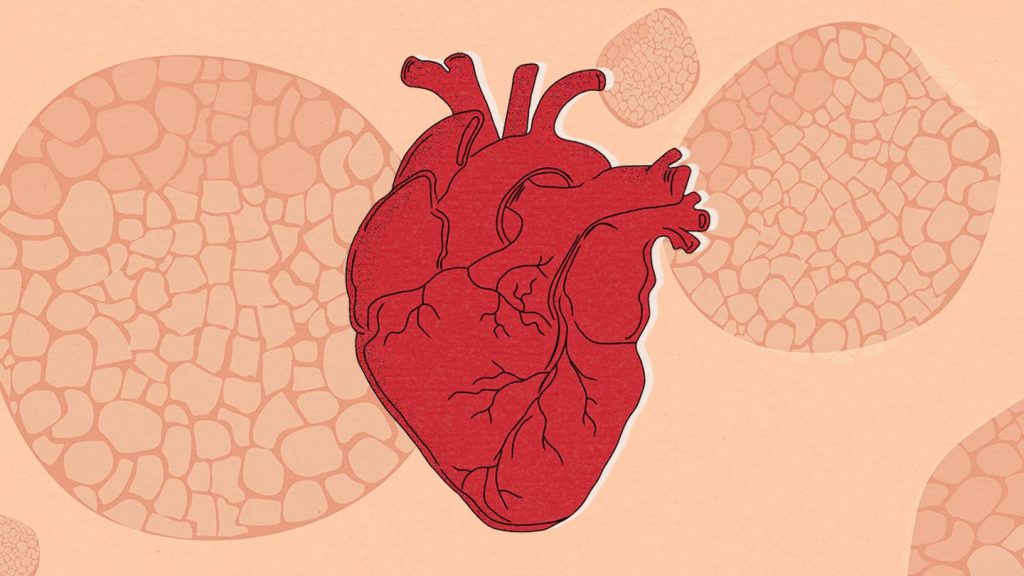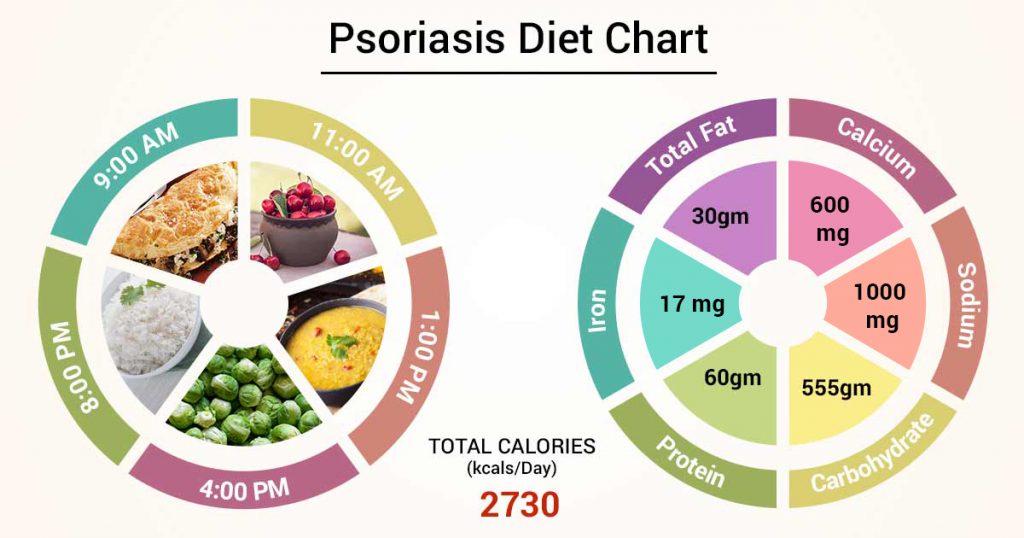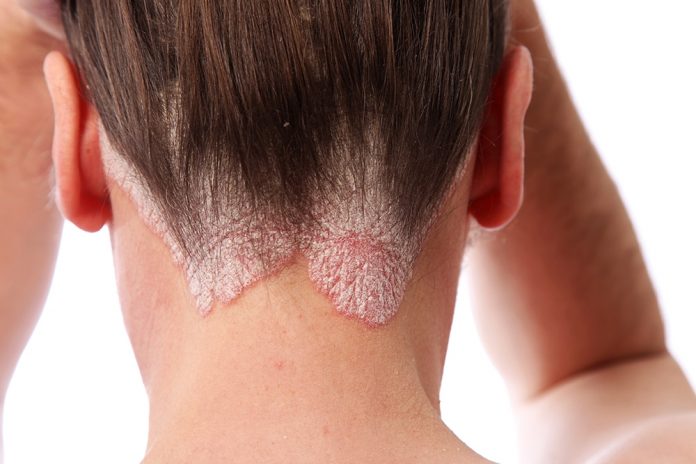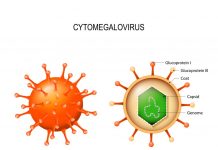The basics of the disease is covered, as well as a general overview of how to take care of yourself if you have psoriasis.
Psoriasis (pronounced soar-eye-uh-sis) is a chronic autoimmune disease which causes your skin to create flaky, scaly patches. Our skin normally goes through a cycle of production where, eventually, our dead skin sloughs off, and new skin forms. With psoriasis, this cycle of production is sped up.
Plaque Psoriasis

The most common form of psoriasis is plaque psoriasis where red or white patches with flakes are formed on top of the skin, usually starting on the elbows and knees.
In bad cases, the patches can be located all over the body. The patches tend to itch and may sometimes feel as if they are burning, but scratching at them will only make them worse. Applying a lotion, crème, ointment, body butter, or your medication can help soothe the itching and pain.
Choosing a Moisturizer

When choosing a moisturizer, opt for one that isn’t heavily scented. The products used in heavily scented moisturizers might irritate your psoriasis further. Also, choose a lotion, crème, ointment, or body butter that isn’t too watery or drying. Make sure it has a nice thick quality to it and that it is, indeed, moisturizing and soothing to your skin.
If you have psoriasis all over your body, don’t be afraid to ask for assistance from your spouse. Many people with psoriasis tend to feel embarrassed or ashamed of their bodies because of the patches on their bodies, but it isn’t necessary. Your spouse will be happy to help reach those spots on your back that are tough for you. Moisturizing after your shower is a good time, as is before going to bed.
Risks Associated with Psoriasis

In the past decade, there have been numerous studies that have linked psoriasis to heart disease, obesity, and diabetes. Psoriatic arthritis is also a serious complication of psoriasis. Due to all of these health risks, people with psoriasis are encouraged to exercise regularly, sleep well, and eat a healthy diet.
Healthy Diet

A healthy diet, and one that is especially low in omega-6 fatty acids, is important for people with psoriasis, as it is an inflammatory disease and studies have shown that omega-6 fatty acids are inflammatory to the body, itself. Omega-6 fatty acids can be found in processed foods such as cakes, pies, cookies, and potato chips, and in soybean, corn, and sunflower oils. High fat dairy products, such as whole milk and full fat cheeses, have also been associated with inflammation in the body.
A diet rich in omega-3’s is highly recommended for people with psoriasis and heart disease, but is also recommended for the population in general as Americans tend not to get their recommended daily allowance of this fatty acid.
Eating a variety of fruits and vegetables insures that you receive antioxidants and vitamins and minerals all across the board. When choosing grain products, go for the whole grains.
Support
When dealing with psoriasis, sometimes you can feel alone in the process. There may be support groups in your area that can help you feel better connected. You can also check out the National Psoriasis Foundation’s website. They keep you up to date on research, fundraising efforts for psoriasis research, conferences around the country, various walks and runs for psoriasis, as well as listings of support groups and doctors.
Psoriasis is a lifelong disease, but with proper care and medical breakthroughs, perhaps we can soon eliminate the disease altogether.


















